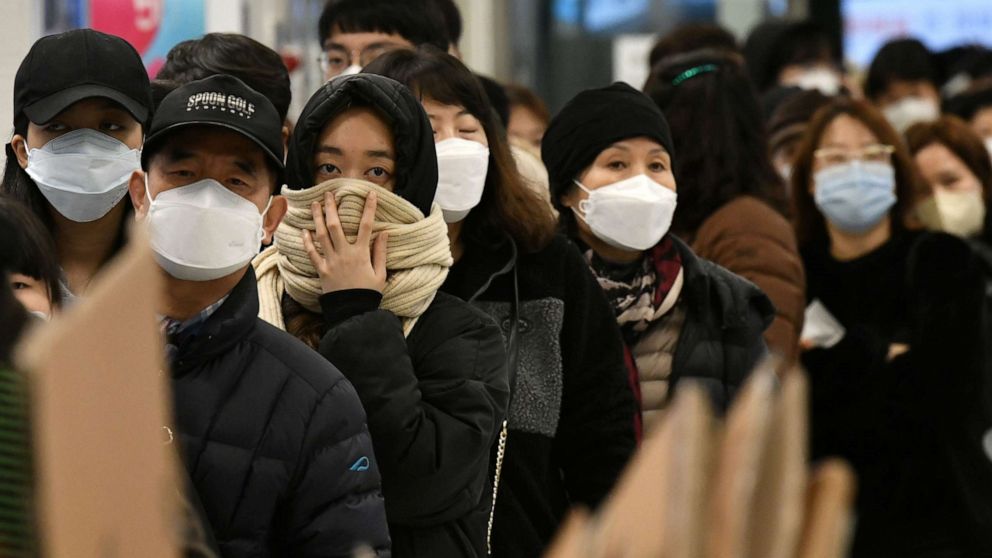
Panic over the coronavirus outbreak is spurring the shortage of face masks all around the world. The mask boom has prompted sellers to jack up prices and exploit demand. This has meant a shortage of medics who need them. In China, they boosted the face mask production up to twenty times than the amount it made at the start of February, running at 110 percent capacity. Despite these efforts, the demand for the face mask is surpassing the supply. Covid-19 is declared as pandemic. The novel coronavirus SARS-CoV-2 spreads from person to person. Droplet infection is the main mode of transmission. Transmission can take place directly, from person-to-person, or indirectly through contact between hands and the mucous membranes of the mouth, the nose or the conjunctiva of the eyes. There have been reports of persons who were infected by individuals who had only shown slight or non-specific symptoms of disease. It means you can always get infected if your country already has many people infected. The most thing that people are afraid of is it takes up to two weeks before noticing any symptoms and you can spread the virus during that time as well. The panic caused from this virus made people demand an enormous amount of face masks than before, resulting in a shortage of face masks.

One of the solutions for this phenomenon is limiting the quantity that each person can buy. In other words, rationing. South Korea began rationing face masks from March 9 to cope with a severe shortage among the public as the nation scrambles to contain the spread of coronavirus that has infected around 7,400. Before South Korea began rationing face masks, they already set the price ceiling on the market since the price of the masks leaped to three times more expensive than before. The private sellers attempted to exploit the booming market demand by setting the price higher. The price ceiling occurred due to this phenomenon but soon they met the shortage of face masks because of it. Thus, the government intervened again to ensure availability for the greatest number of consumers. Moreover, the government implemented a new measure late on March 4 banning the exports of masks in order to ensure a sufficient supply locally.
This rationing helps people to purchase the goods at a fair price, but there are limitations and difficulties. For example, the eager demanders bides up the price above the equilibrium level, to P2 in the graph. Therefore, some indirect methods of paying the higher price will emerge, which is black marketing. It will develop because the purchasers would be pushed to pay more than the controlled price for the limited amount of commodities that were available. According to the Yonhap News Agency, 59 distributors caught hoarding 4.5 million masks in areas around Seoul.